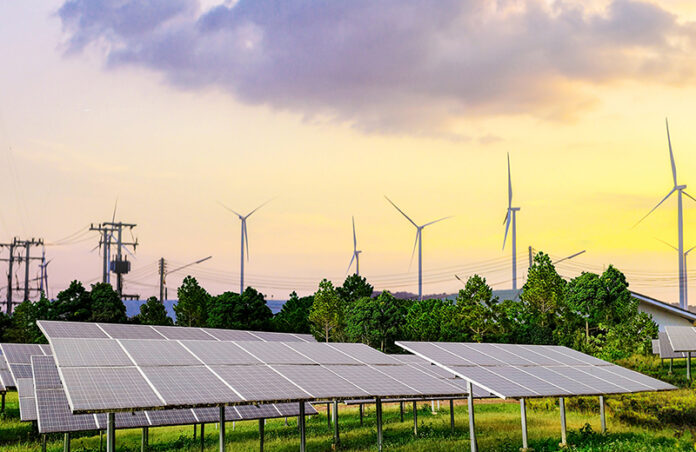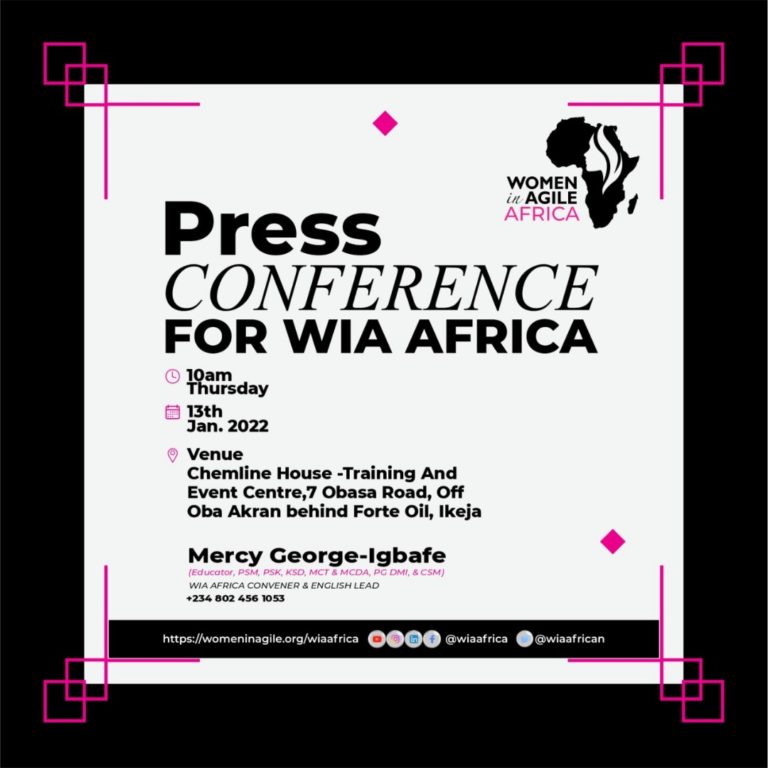Western Powers to Support Energy Transition in South Africa With $8.5-Billion

According to a joint statement released by the South African government and the African Development Bank, the United Kingdom, the United States, France, Germany, and other European Union countries have pledged an initial amount of $8.5 billion to South Africa to fund the country’s long-term ‘just transition’ process to reduce the carbon intensity of the country’s electricity system while also developing new sectors such as green energy.
Prior to COP 26, South Africa submitted an ambitious Nationally Determined Contribution (NDC). The South African government and the previously stated western nations formed the Just Energy Transition Partnership (JETP) at COP26.
The JETP’s goal is to secure a fair transition for workers and communities that have relied on South Africa’s coal-based value chains for their livelihoods in the past.
According to both the African Development Bank and the South African government, given the enormity of the task, collaborations – especially with the corporate sector and development finance institutions – would be critical to attaining desired objectives.
The African Development Bank is playing a leading role in supporting African countries on their just energy transition journeys with policy advice, technical assistance, and financing as part of its commitment to the development of Africa’s energy sector in line with its New Deal on Energy for Africa (NDEA) strategy.
In this regard, Enoch Godongwana, the Minister of Finance of the Republic of South Africa, has formally requested technical help from the African Development Bank to assist South Africa in its Just Energy Transition process.
The African Development Bank has agreed to give the requested assistance through the COP26 Energy Transition Council Rapid Response Facility, which is funded by the African Development Bank’s Sustainable Energy Fund for Africa (SEFA).
The technical assistance will focus on building the capacity of relevant South African institutions – primarily the National Treasury’s Asset and Liability Management Division (ALM) and the Presidential Climate Finance Task Team (PCFTT) – to engage and negotiate with external and internal partners in the country’s Just Energy Transition process.
This technical assistance is autonomous, separate, and unrelated to any future financial help that the African Development Bank may provide to South Africa’s just transition.
The ALM Division and the PCFTT have agreed on a broad spectrum of technical assistance, allowing them to draw on financial, technical, and other talents to fulfill their respective mandates and duties in developing recommendations for the financing package given under the JETP.
Details of the agreed-upon technical help are presently being finalized, according to the African Development Bank, with a launch of the assistance planned in the coming weeks.
The government and the Bank have also agreed in principle that this early assistance will be followed by a bigger SEFA technical assistance initiative to support South African institutions’ medium-to-long-term needs in the Just Energy Transition process, once those needs become clearer.
“This technical cooperation builds on a long-term partnership between the African Development Bank and the South African government,” the joint statement concludes, “that is based on the recognition of the critical role that energy security and just transition play in South Africa’s climate response, as well as the need to meet economic, environmental, and social development objectives.”







